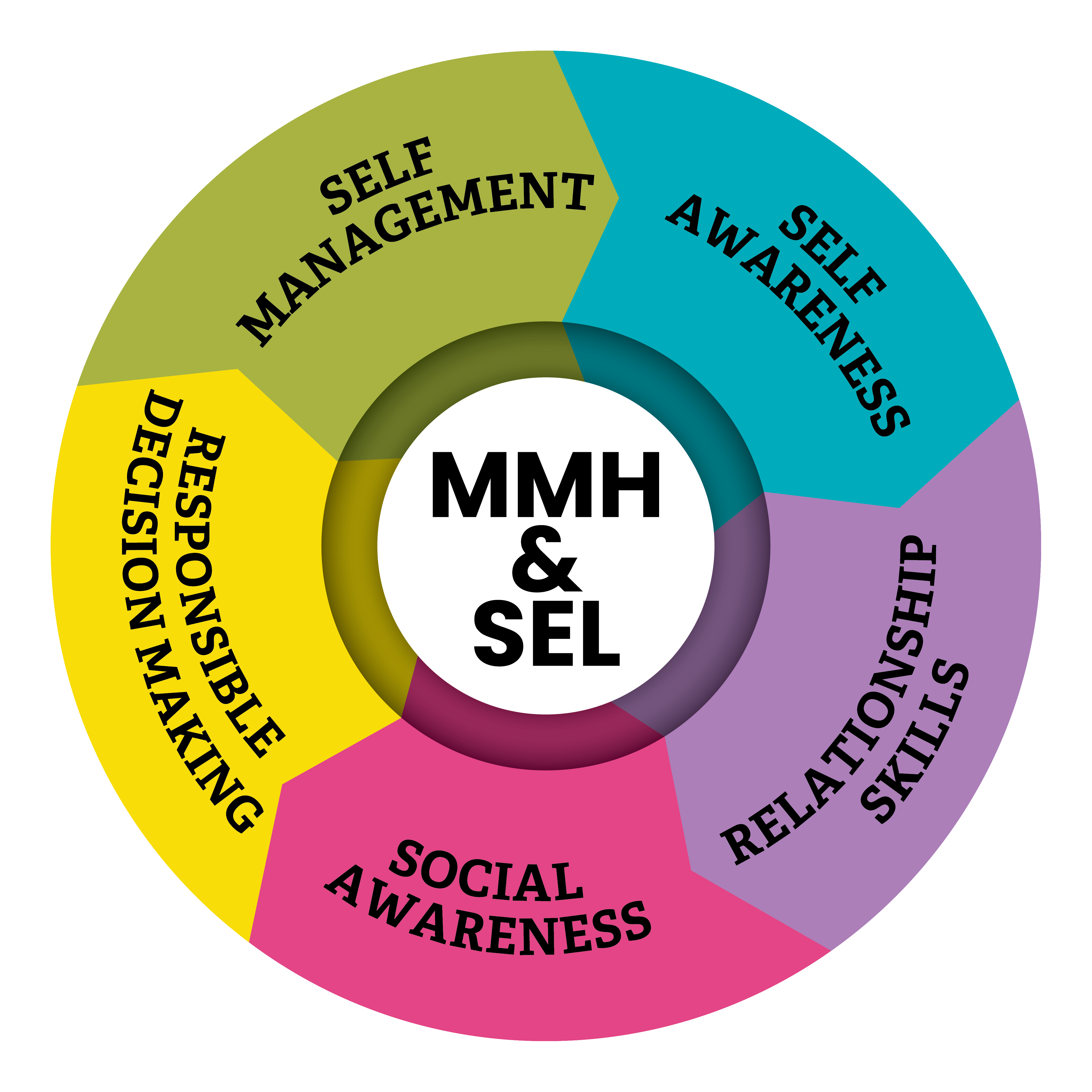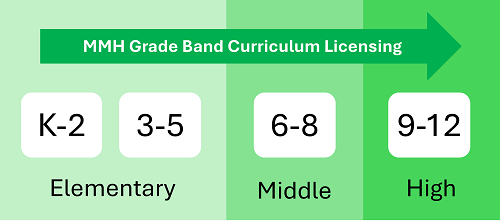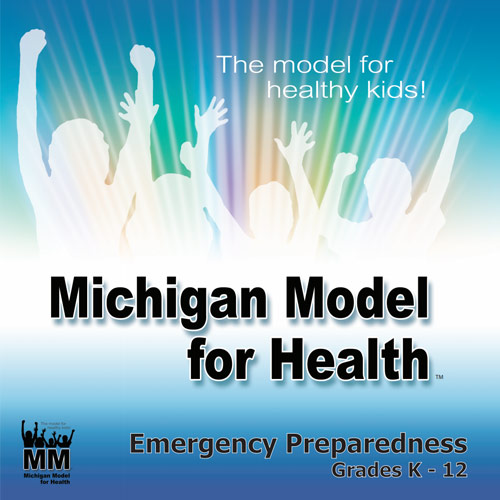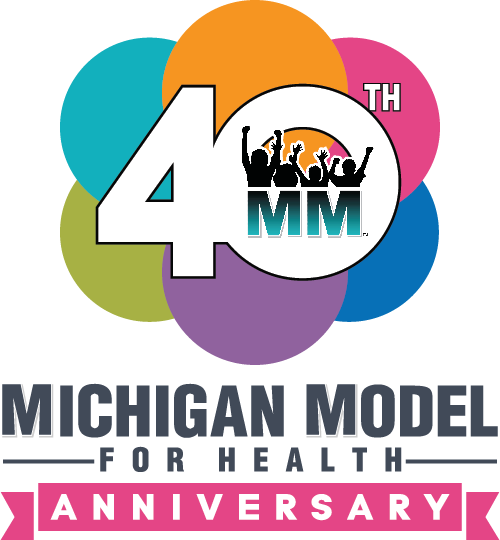
Strengthening Student Well-Being Through SEL: Michigan Model + CASEL
2025-10-27 12:06:00 News & Articles - Elementary K - 6 - Grades 7 - 8 - Grades 9 - 12

New MMH Grade Band Structure for Curriculum Licensing
2025-07-28 12:06:00 Curriculum Updates & Releases - News & Articles - Elementary K - 6 - Grades 7 - 8 - Grades 9 - 12

HIV Content Streamlined & Integrated into Grades 7-12 Core Curriculum
2025-07-22 12:06:00 Curriculum Updates & Releases - News & Articles - Grades 7 - 8 - Grades 9 - 12

Emergency Preparedness Curriculum Retired
2025-07-11 12:06:00 Curriculum Updates & Releases - News & Articles - Elementary K - 6 - Grades 7 - 8 - Grades 9 - 12

Grade 7-8 Instructional Tools and Lesson Layout Updates
2025-01-10 12:06:00 Curriculum Updates & Releases - News & Articles - Grades 7 - 8

New Notification Center Launched
2024-04-16 12:06:00 Curriculum Updates & Releases - News & Articles

MMH Through the Years - Program Celebrates 40th Anniversary
2024-01-11 12:06:00 Curriculum Updates & Releases - News & Articles

New License Manager Online Help Center
2023-12-01 12:06:00 News & Articles

Revamped Self-Paced, Online MMH Training Course
2023-03-24 11:38:00 News & Articles

Announcing the New Michigan Model for Health Portal for Teachers and Educators
2022-10-24 13:15:00 News & Articles
